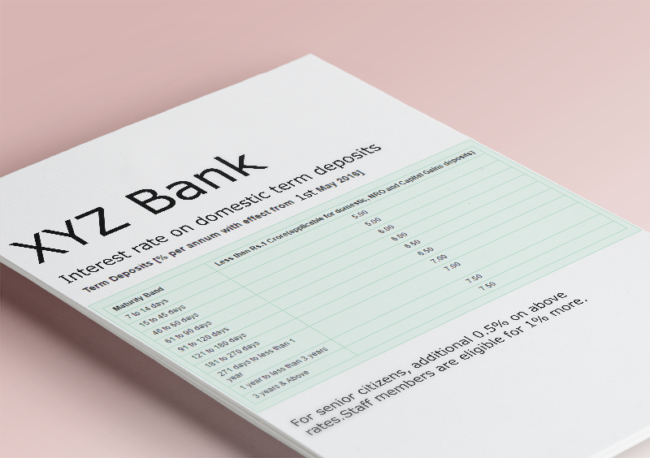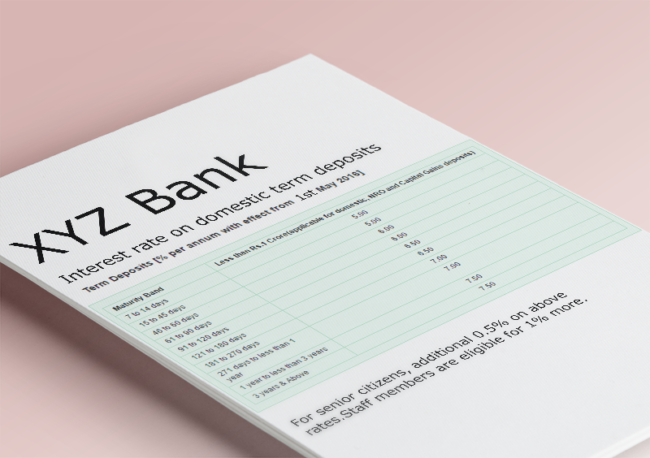RBI announces new definition of Bulk Deposit in Banks
The Reserve Bank of India (RBI) on Friday, June 7, 2024, in its Statement on Developmental and Regulatory Policies announced, that banks have the discretion to offer differential rates of interest on bulk deposits as per their requirements and Asset-Liability Management (ALM) projections. The bulk deposit limit was enhanced in the year 2019 for Scheduled…


